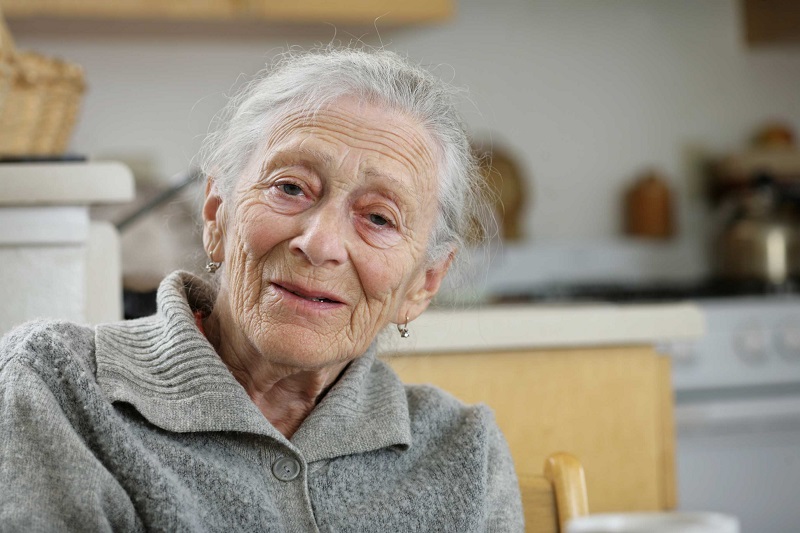The Special Joint Committee on Physician Assisted Dying’s recommendations for assisted suicide and euthanasia are far-reaching and more extreme than the Canadian public may be prepared for. Called “politically wild” by some,* the 60-page report, offering 20 recommendations to Parliament have every chance of being put into law by the June 6th deadline this year.
“These recommendations are reckless, and broadly influenced by a radical philosophy of absolute autonomy,” said Natalie Sonnen, executive director for LifeCanada. “I think they go way beyond what the public had expected and will have a chilling effect on the entire medical profession.”
Among other things, the Joint Committee has recommended that individuals with psychiatric conditions not be excluded from “assisted dying,” which the committee now takes to mean both assisted suicide and euthanasia. This calls patient consent into question.
Canadians have not been consulted as to whether pharmacists and nurse practitioners may be involved in these practices, but that is precisely what the committee has recommended. “Pharmacists and other health care practitioners, who provide services relating to medical assistance in dying, should also be exempted from sections 14 and section 241(b) of the Criminal Code.”
Keep up with the latest pro-life news and information on Twitter. Follow @LifeNewsHQ
The recommendations call for all publicly funded medical institutions to take part, undoubtedly affecting Catholic hospitals who have served Canadian communities for hundreds of years. Hospices and palliative care facilities will be likewise affected.
There is no protection of conscience for objecting physicians. Our medical practitioners who have spent a lifetime of study and dedicated themselves to the care of patients must now be forced to either comply or make an “effective referral”.
The Committee has recommended that advance requests for assisted suicide or euthanasia also be allowed “any time after one is diagnosed” with a condition that will cause “loss of competence.” Anyone with a diagnosis of dementia, for example, an often slow degenerative disease, can make an advanced request for death to be carried out when the person is no longer competent.
Minors will not be permitted to access assisted death for the first three years, while the Committee studies what exactly is meant by a “competent minor”.
These and other recommendations have been released, ironically, on a day when the papers are full of our country’s First Nations chiefs desperately calling for help for their suicidal teens.
“We have institutional discrimination soon to be enshrined into law, and disguised as personal autonomy,” said Sonnen. “Suicide prevention and medical care will the priority for those who are able-bodied. But if you happen to be ill or disabled you will be offered doctor assisted death. And this is called a ‘right’.”
LifeNews Note: LifeCanada (www.lifecollective.io/lifecanada) was established in 2000 as a national association of local and provincial educational groups across Canada in order to promote the value of human life, to serve our members, and to advocate for the most vulnerable members of society.








